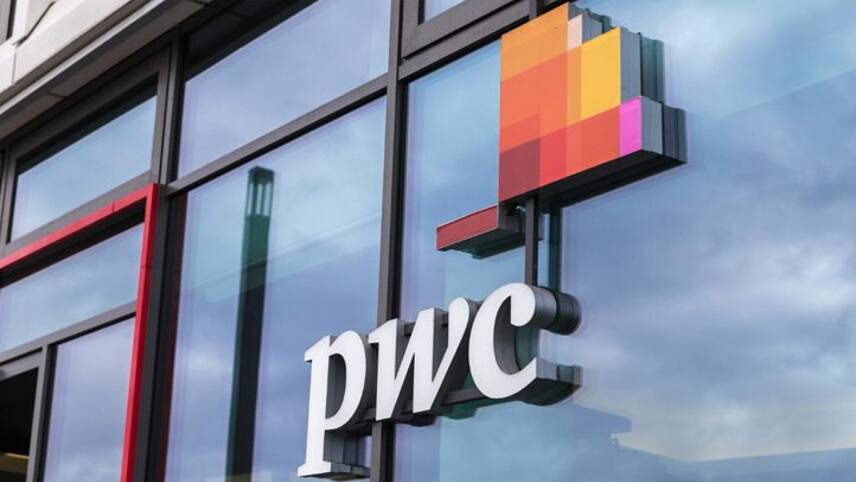Register for free and continue reading
Join our growing army of changemakers and get unlimited access to our premium content

The majority of PwC's emissions footprint is attributable to travel
The professional services giant has set a science-based target committing it to halve its total greenhouse gas (GHG) emissions footprint by 2030. Given that 85% of the firm’s carbon footprint in 2019 was attributable to flights, it will put measures in place to ensure that travel reductions which have resulted from lockdown are sustained. It will also switch to 100% renewable electricity and invest in energy efficiency improvements in all geographical markets.
Supply chain emissions are also covered and PwC will announce supplier-focussed initiatives in the near future.
Emissions remaining after these initiatives are undertaken (residual emissions) will be addressed through the purchase of carbon credits. PwC has said that it will only back projects which result in additional carbon removal, including nature-based climate solutions, and which have proven economic and social benefits for the communities in which they are based.
PwC claims that its new targets will align the business with a 1.5C trajectory.
Aside from its internal work, PwC has vowed to go further and faster in encouraging its clients to become net-zero organisations and has set up a new ESG practice to spearhead this work. PwC is present in 157 nations and provided services to 84% of the Global Fortune 500 last financial year, meaning it has a sizeable reach in the private sector.
The firm’s Advisory practice will integrate climate risk into engagements and will encourage climate-related and ESG-related disclosures and governance as standard. It will also publish a guide aimed at helping businesses of all sizes and sectors turn their net-zero targets into reality in the coming months.
“Getting [to a net-zero world] will take innovation, hard work, collaboration and bold thinking but the benefits will be immense,” PwC’s global chairman Bob Moritz said. “The business community has a responsibility to act and we are determined to play our part, not just in our own operations and supply chain, but also in the way we advise and support our clients to create a sustainable world for future generations.”
Competitor EY set out a vision to reach net-zero by the end of 2020 back in January.
Sarah George


Please login or Register to leave a comment.